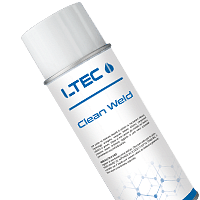Chemical, adhesives and sealants
In machine shops, the use of chemicals, adhesives and sealants is essential to ensure that daily operations run smoothly and safely. These products are indispensable tools that address a wide range of technical challenges, improving the efficiency and durability of repairs and maintenance.
Chemicals, adhesives and sealants are specialised products used for various mechanical applications. Chemicals include solvents, detergents and lubricants that aid in the cleaning and maintenance of mechanical parts. Adhesives are substances used to join two surfaces with a strong bond, while sealants are used to prevent fluid leakage through joints and cracks.
Adhesives for mechanical workshops are essential for repairs that require a durable and strong bond. For example, in the repair of engine components, the use of specific adhesives can ensure a strong and durable seal, preventing loosening problems during operation.
Industrial sealants are used to seal joints and cracks, preventing leakage of fluids such as oil and coolant. This is especially important in engines and hydraulic systems, where leaks can cause severe damage and operational inefficiency.
Chemicals, such as cleaners and lubricants, are essential to keep mechanical parts clean and well-functioning. Detergents remove grease residues and dirt, while lubricants reduce friction between moving parts, prolonging equipment life.
The use of these products requires care and precision. Adhesives must be applied to clean, dry surfaces to ensure an effective seal. Sealants must be spread evenly over joints to avoid air bubbles that could compromise the effectiveness of the seal. Chemicals, such as cleaning agents, must be chosen according to the type of dirt to be removed and used according to the manufacturer's instructions to avoid damage to the treated surfaces.
Benefits of Using Them
- Improved Performance
The correct use of chemicals, adhesives and sealants improves the performance of vehicles and mechanical equipment. Adhesives ensure secure fastening, while sealants prevent fluid leaks that could compromise machine operation.
- Reducing Maintenance Costs
Using quality products reduces the need for frequent and costly repairs. Lubricants, for example, minimise wear and tear on moving parts, prolonging the time between maintenance operations.
- Increased Safety
The use of sealants and adhesives reduces the risk of sudden mechanical failure, improving safety at work. Fluid leaks, which can cause fire or structural damage, are prevented through the use of appropriate sealants.
Answers to Frequently Asked Questions
What are the best adhesives for engines?
The best adhesives for engines are epoxy-based adhesives, which offer an extremely strong and durable seal that can withstand the high temperatures and vibrations of engines.
How are sealants applied correctly?
Sealants must be applied to clean, dry surfaces. It is important to apply an even layer and follow the manufacturer's instructions regarding drying time.
What kind of chemical cleaners are most effective for machine shops?
Solvent-based cleaners are generally more effective for removing oils and grease, while water-based cleaners are suitable for less stubborn dirt and general cleaning.
The use of chemicals, adhesives and sealants in mechanical workshops is not only a question of efficiency, but also of safety and professionalism. These products, when used correctly, provide superior and lasting performance, reducing maintenance costs and improving operational safety. Investing in high quality products and carefully following their instructions for use is essential for any machine shop that wants to operate at peak performance.
-
Acrylic, cyanoacrylate and epoxy adhesives24 products
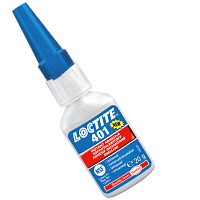
-
Guns and silicon sealant16 products
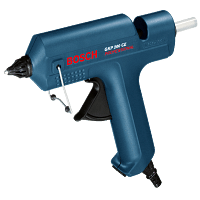
-
Threadlocker13 products
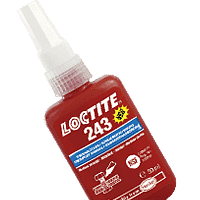
-
Sealants and retainers36 products
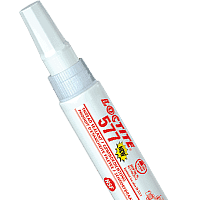
-
Release agents, lubricants and anti-seize6 products
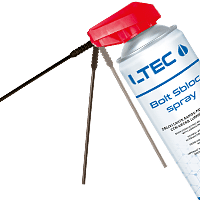
-
Zinc spray and polishes4 products
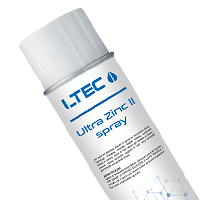
-
Lubrication accessories24 products

-
Protections for maintenance7 products
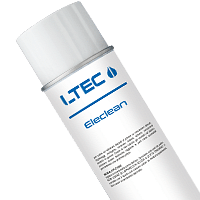
-
Industrial Cleansing10 products
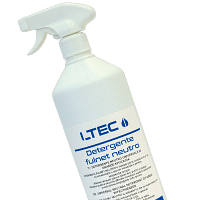
-
Handwash12 products
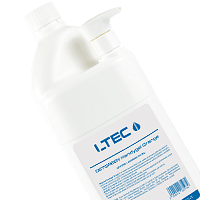
-
Industrial cloths and rags1 products
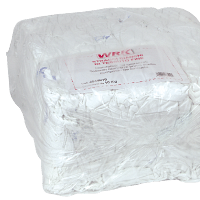
-
Units and cabinets for waste recycling0 products
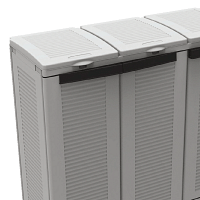
-
Welding machines20 products
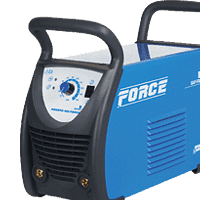
-
Electrodes9 products
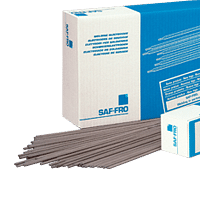
-
Clamps, shields and welding masks44 products

-
Antispatter8 products
